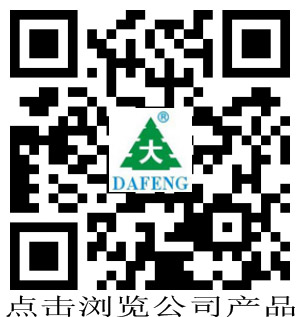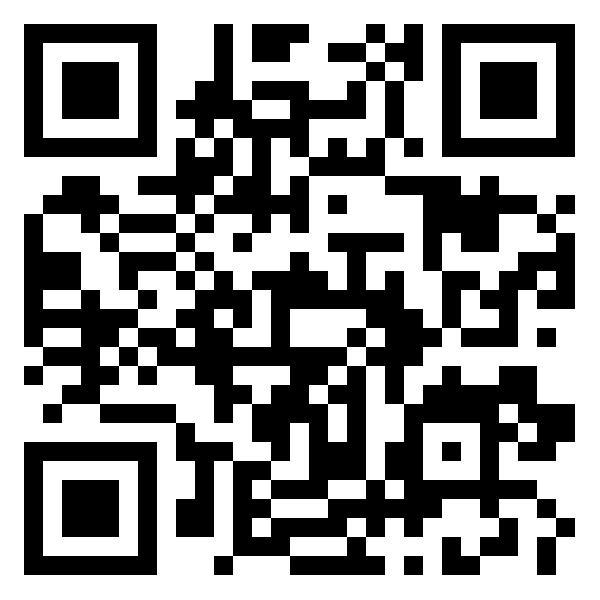Overseas online purchasing comes into fashion View: Attractive price and range of goods lure shoppers seeking a better deal, Gao Qihui reports in Beijing. Jia Huiyi, a 27-year-old woman working in Beijing, explored a new way of shopping when she used an overseas purchasing service to buy a pair of popular UGG boots. She paid 557 yuan () for her boots from a Chinese Australian who runs an online store for Chinese mainland customers. The same boots in a franchised store on the mainland would have cost more than 2,000 yuan, Jia said. Jia is one of millions who have been attracted by overseas purchasing services, most of which provide online agents. The primary attractions are price, selection and quality, including the safety aspect of some products. And the results are lucrative. Use of the services by mainland customers via the Internet last year was worth 12 billion yuan (.8 billion), a 140-percent increase from 2009. The total is expected to double this year, said the Monitoring Report on the Data of China's E-commerce Market in 2010 by the China E-commerce Research Center (CERC). Consumers can buy directly from other foreign websites, but Chinese mainland consumers rarely use them. Foreign online shops are unfamiliar to them. Plus there are language barriers, shipping restrictions and requirements that bank cards be set up for international use. Brands from outside the Chinese mainland are the shoppers' primary targets because of big price differences between goods found in the mainland and other markets, including Hong Kong and Taiwan. That's why Jia chose to buy her boots from Australia, thousands of kilometers from China. International brands often set high prices for goods sold on the Chinese mainland because people are willing to pay them, Zhu Mingxia, a professor at the University of International Business and Economics in Beijing, told China Daily for a previous report. But now, with overseas purchasing services, shoppers can get the same quality goods at lower prices. They also have more to choose from. "Many products are not sold in the mainland and there are more styles in foreign stores," said Li Lei, 23 and a graduate student at Communication University of China in Beijing. "If the price is right, I will buy." Supporting data come from Shi Yang, marketing manager of usashopcn.com, which specializes in overseas purchases. "Roughly 70 percent of all product categories provided by our website are not sold on the Chinese mainland." As one example, Shi said more than 60 percent of Coach handbags and accessories sold on her website aren't available on the mainland. CERC's report shows that cosmetics and powdered milk, produced under higher safety requirements overseas, were the most popular products of online overseas purchasing services in 2010. They were followed in popularity by luggage and handbags, hats and shoes, clothing, and electronics. Competition and taxes A Web search for shops related to "US purchasing agent" at taobao.com, which is owned by Alibaba Group Holding Ltd and is China's largest e-commerce site, yields 3,937 shops. A search for "South Korea purchasing agents" yields 8,240 shops. That means more and fiercer competition for the agents. "I opened my online shop more than half year ago, but I have not received any orders," said Zhao Qian, 21, who owns an overseas purchasing e-shop at taobao. A regulation that China Customs introduced in September is adding price pressure for overseas purchasing agents, most of whom are individual operators. The agents or their overseas partners mail most products to the Chinese mainland as personal articles to evade customs duties, essentially turning the transactions into a black market, said Fang Yingzhi, an analyst at CERC. Previously, customs duty on mailed personal items was waived if it was 500 yuan or less. Now, the exemption limit is 50 yuan. And the duty on cosmetics, the most popular type of overseas purchase, is 50 percent. For example, a bottle of sunscreen, which is categorized as a cosmetic, costs 800 yuan. A duty rate of 50 percent makes the duty 400 yuan. Under the old rules, no duty would apply because it fell under the 500 yuan limit. Now it exceeds the limit of 50 yuan, making the cost of that mailed bottle of sunscreen much higher. It might truly be for personal use, but China Customs assumes that the sunscreen and similar mailed items are intended for resale. Customs explains on its website that such goods "have the nature to gain profit" and will enter the trading circle again. The duty exemption is higher, at 5,000 yuan, for agents who personally bring the overseas products from abroad rather than mail them. Agents feel it The new import duty on mailed items gives three choices to purchasing agents: Raise prices on the high-duty items, spread that extra cost over a wider array of items, or take a loss. "My business is definitely affected by the regulation," said Li Xiaolu, a Chinese immigrant living in New York. "The cost rises and the profit goes down." Li, who started her business in September 2009, thinks it will be more difficult for her to continue the service due to fierce competition and what she considers an unfavorable import duty. The advantage goes to agents with big overseas purchasing services. Whether the agents have a stable supply of goods and buy the goods at lower prices are key elements in the industry, said Su Huiyan, an analyst with Shanghai-based iResearch. The big agents can buy directly from the brand owners, Su said, but small ones can buy only from dealers or even the supermarket - at higher prices. And agents who deal with a wide variety of goods can adjust the prices in some categories to make up for lower profit in others, or can shift their business to product lines that are less affected by the higher duties. Agents with small operations often don't have those options. Su also said that the new customs regulation won't affect the large, professional overseas purchasing companies because they generally have declared imported products at customs all along. But customers still come out ahead. Even with the import duty included, the ultimate price of most products bought from overseas is still lower than the price in domestic franchised stores, CERC said it in its report. The domestic price is higher now because it includes the import tariff, too. Wu Ning, an individual agent who has purchased products from Hong Kong for more than a year, said, "As long as the tax imposed by the customs stays at this level, the demand for overseas purchasing services will not decline." Change in the market Some foreign brand owners are moving to e-commerce on the Chinese mainland to cut the cost of distribution, said Wang Rulin, the standing deputy director of the Committee of Experts on Mobile Commerce at China E-Commerce Association. These international brands are looking to cooperate with Chinese websites so they can hand over the sales process to websites that can directly sell products to consumers without the involvement of dealers. Nokia and Motorola are already working with EC3S, an e-commerce provider that runs a commercial website for mobile phones. "That will save a considerable expense on rent and management of a storefront and can provide for home-delivery service," Wang said. As the websites gain support from the foreign brand owners, the quality and maintenance of products sold by these agent websites can be guaranteed, Wang said. Dafeng shoesmachinery is a research and development, production, sales, service, agent for the integrated company, Products covered Measuring machine,folding machine,splitting machine,toe lasting machine, Vacuum vulcanizing forming machine ,upper binding machine,attaching machine,nailing machine,heat setter,chilling machine,moulding machine,steaming machine,pounding machine,bootleg flattening machine,upper flatten machine,cutting machine,NIR conveyor Etc. And provide Mold, Accessories Etc。 |
Copyright :Guang dong dafeng shoe machinery co.,ltd
ADD:1#wangfa big street junhe street baiyun Area guangzhou guangdong
TEL:0757-81028436 FAX:0757-81028436
QQ:455680908 E-mail:tangol@126.com
http://www.china-shoes-machine.com/
 |
 |
 |
 |